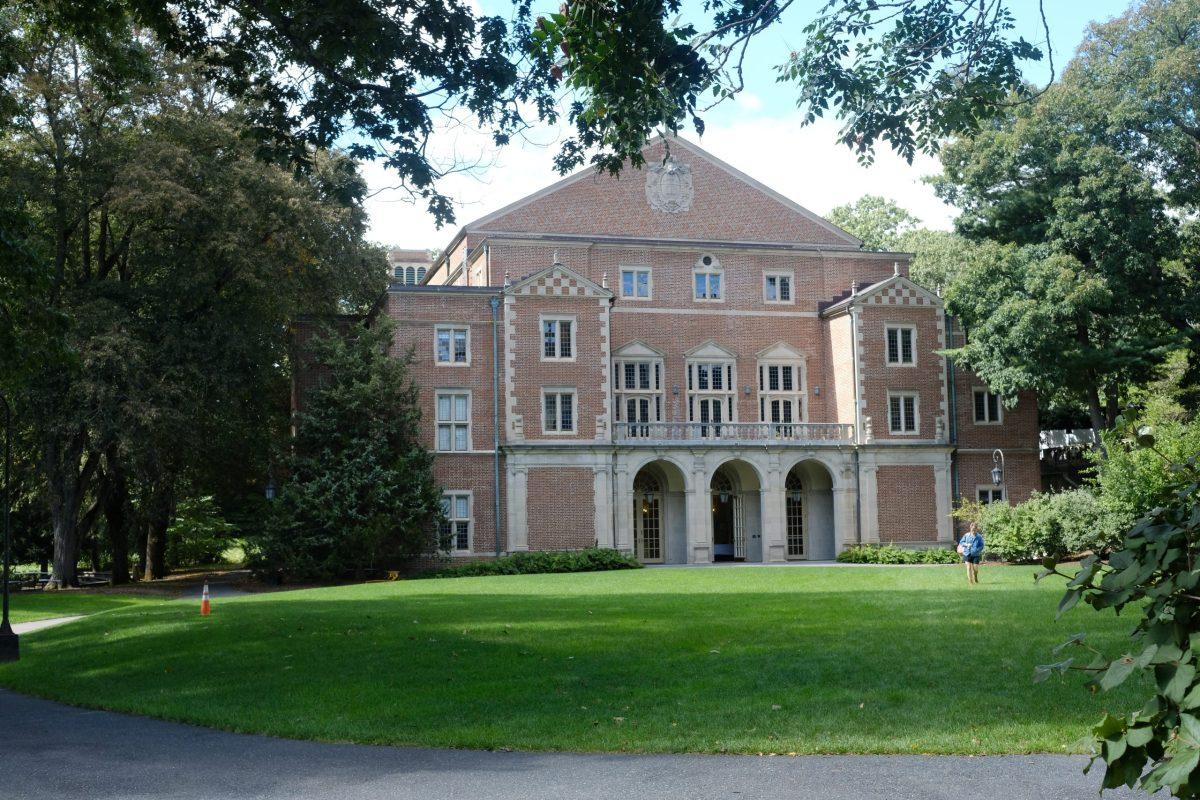Wellesley’s Class of 2028 will be the first to complete the new experiential learning distribution requirement.
As part of its liberal arts core curriculum, Wellesley has long required students to complete coursework across a variety of academic disciplines, such as the humanities, social sciences, natural sciences and foreign languages in order to graduate, regardless of their chosen major.
On top of existing academic requirements, this year, the Class of 2028 will be the first mandated to complete two units of experiential learning by the end of their sixth semester in order to graduate.
Students of classes 2027 and above are exempt, but they can still submit a form to have their experiential learning units appear on their transcript.
Students can complete an array of experiences to fulfill the new requirement. These units can be “internships, research, study abroad, civic engagement, select courses and student employment positions, and more,” according to Wellesley’s Career Education department. Students are encouraged to complete as many units of experiential learning as they see fit, but two units are required to receive a Wellesley degree.
Each experiential learning unit requires 50-150 hours of work, with two units typically being awarded for a summer-long experience and one for semester-long experiences. The College has launched a new experiential learning browser with opportunities listed that count for the requirement, for example research at the Broad Institute of Harvard and MIT, and software engineering at a cybersecurity startup BitSight.
Career Education has encouraged students to meet with their Advisor for Career Exploration in order to find opportunities that interest them.
Graduation outcome reports published by Career Education show that over 95% of Wellesley graduates every year were employed, attending graduate school and pursuing other work opportunities within six months of graduation.
Wellesley’s push for students to complete real-life experiences comes as schools across the country have started to implement similar programs, such as Northeastern’s Co-op program. Peer liberal arts institutions, such as Williams College and Amherst College, are increasingly focusing on bridging classroom lessons to experiences in the community and around the world.
Contact the editor responsible for this story: Sazma Sarwar




